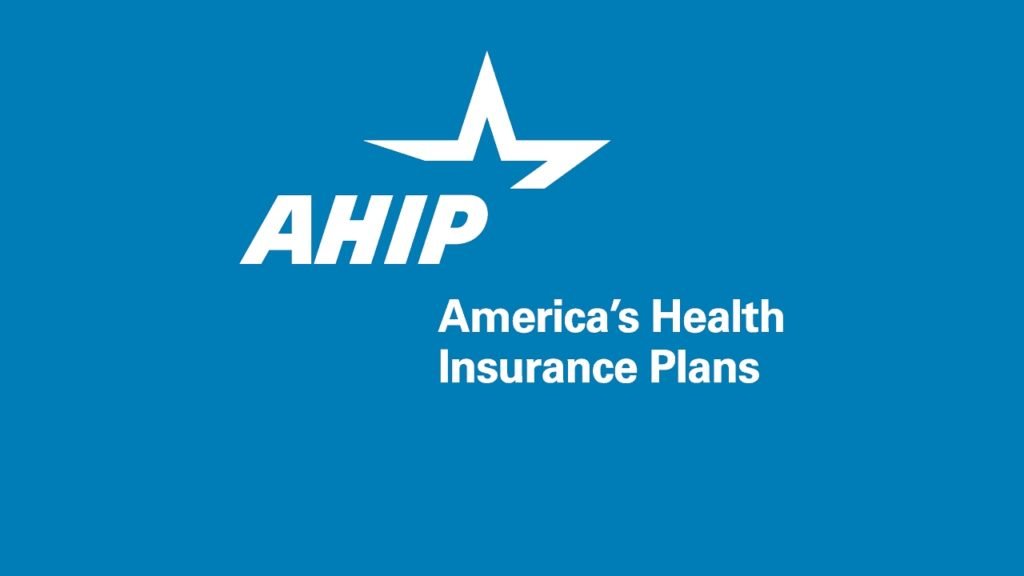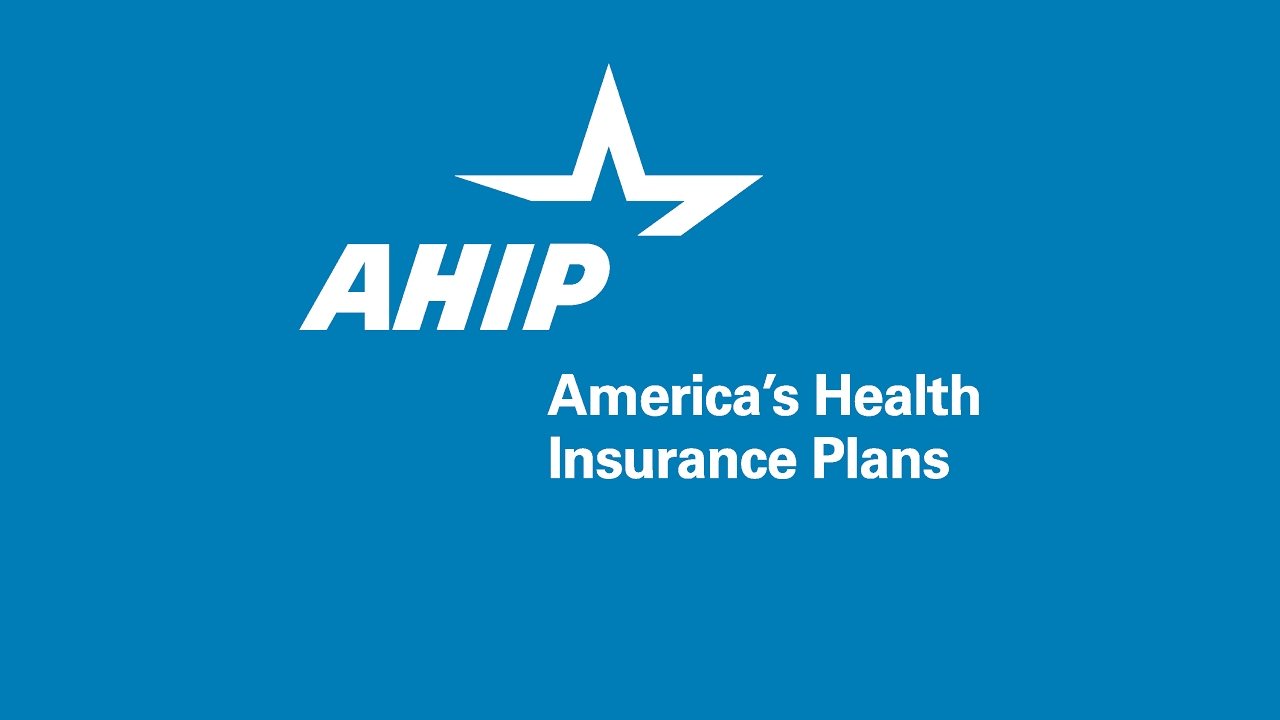Tons of Americans are going to go back to their ‘normal way of life this summer. Thanks to the new Covid vaccines, you’ll be able to visit your favorite beaches, parks, and resorts. You’ll also be able to spend time with beloved relatives.
Blueprint To Tackle Healthcare Inequity? AHIP Executives Think So
Unfortunately, racial gaps in our nation’s health care recovery are persistent. This summer looks very different for many of the Black, Hispanic, Latino, and Indigenous communities who are 2-3 times more likely to get sick and die of Covid. Their vaccination rates also trail those of Caucasian people.

The major obstacles to quality care and life-saving vaccines are, among others, social barriers to good health, like poor transportation, unstable housing conditions, and food insecurity.
It is estimated that more than 2 million seniors do not have the means to step out of their houses and do not have access to transport millions of Americans who have disabilities that make it difficult to go outside.
It is impossible to reach all the Americans that need a Covid vaccine without health care data that reflects these realities.
Vaccine Community Connectors
Recently, during a nationwide vaccine campaign, health insurance providers worked tirelessly with the White House and state leaders to tackle this challenge.
The goal was to deliver Covid vaccines as quickly as possible to the most vulnerable communities. We estimate that more than 2 million seniors have been vaccinated in less than 100 days and plan to expand outreach to younger people.
Most importantly, the industry was helped by this effort in one specific strategy to accelerate health equity: providing better access to data that incorporates the social determinants of health.
To start off, customer information was paired with neighborhood-level Social Vulnerability Index data. The 15 social factors that affect health are included in this index, and household composition, disability status, access to housing and transport, and primary language are among them. This unique data combination helped identify and communicate with the 25% of the population of America that was most at-risk.
After this, health insurance providers helped to break down hurdles in these communities.
This effort helped in focusing outreach and education attempts to ensure that people knew that the vaccine was cost-free. People who were most likely to need rides were identified and provided with transport. People unable to get out of their homes were also vaccinated along with their caregivers. Solutions were personalized on a massive scale to reach everyone.
This model should definitely be followed to address other persistent diseases like diabetes and heart disease and cancer, and other consequential conditions. Black people are 60% more likely, and Latino people are 17% more likely to be diagnosed with diabetes than white people. This is just an example of the bigger impact these diseases have on Black and Brown communities, and this calls for urgent action.
As mentioned before, Americans’ health records should include information on their social determinants of health, like race, ethnicity, and social context, but sadly, this is not the case. Too few Americans’ health records include all this information.
Most insurers cannot even access Covid vaccination records. In order to streamline outreach and engage with people who have not been vaccinated, health plans should ideally have access to immunization records.
Covid can be tackled more easily by including this type of data and creating systems that facilitate data sharing. The uptake of other vaccinations can be improved, and tailored strategies for other conditions that affect minorities disproportionately can be made.
Health inequities cannot by any means be fixed overnight. The clear need for focused and impactful strategies was uncovered due to the destruction caused by the pandemic.

